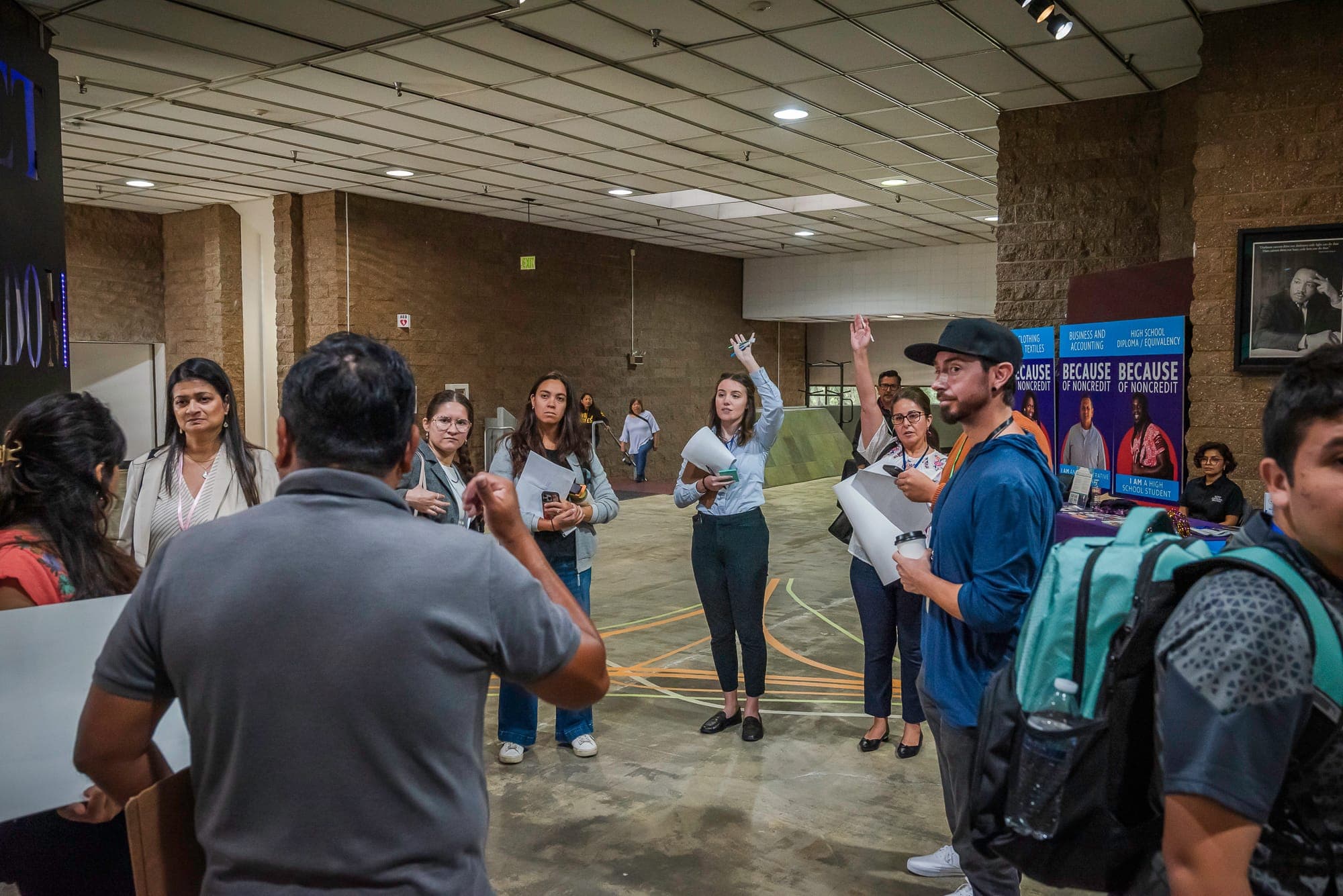
News
By Smart Growth America, December 5, 2011
Crossposted from Cumberland Region Tomorrow.
Cumberland Region Tomorrow (CRT) recently hosted a network of quality growth experts from across the country to learn about successful quality growth models and best practices in Middle Tennessee. Participants from San Francisco to Boston learned about CRT’s successful model of collaborative leadership that is creating positive quality growth outcomes in the region. On the ground tours in Nashville, Franklin, and Leiper’s Fork, combined with presentations by local and state leaders, demonstrated how successful community revitalization and conservation efforts are supporting Middle Tennessee’s place-based economies through tourism and agriculture, and music.
“The Tennessee model of quality growth implementation is strategically different than other regions across the country,” said CRT Executive Director Bridget Jones. “Instead of a top-down ‘we know what’s best approach,’ we work with local and regional leaders to find common ground and opportunities, then we provide education and technical support to promote best practices, and finally, we help identify incentives to make it easier for policy makers and citizens to make the right choices and do the right thing.”
Rachel DiResto, Executive Vice President for the Center for Planning Excellence in Baton Rouge, Louisiana explained, “The CRT model is something we have tried to emulate in Louisiana. The more we can learn from each other the better all of our organizations can be.”
Participants had the opportunity to learn about new best practices going on across the state in regards to recognizing and enhancing the cultural and economic incentives for conserving Middle Tennessee’s best open spaces and rural communities. Tennessee Commissioner for the Department of Tourism Development, Susan Whitaker, explained that Tennessee’s natural places and open spaces are huge economic engines and protecting the state’s natural beauty is not only vital to the state’s economic health but also immensely important to the identity of Tennessean. Whitaker used the recently launched Tennessee Trails program as an example.
The group also visited some of Middle Tennessee’s best examples of urban, suburban, and rural place-making. Participants learned about Nashville’s downtown renaissance and the growing demand for more downtown living. Mayor Ken Moore of Franklin and Mary Pearce, Executive Director of the Heritage Foundation of Franklin and Williamson County, spoke about Franklin’s award-winning model of combining conservation and economic success in its historic downtown. And Tennessee Commissioner of Agriculture, Julius Johnson spoke to participants in Leiper’s Fork over coffee and fried pie about the importance of not only conserving farms and farmland but helping rural communities such as Leiper’s Fork thrive.
The group spent a total of three days in Nashville as part of their conference where a model region is selected every year by the Smart Growth America network. Smart Growth America is a national smart growth advocacy organization that works with communities across the country to implement smart growth planning and development.
Related News

© 2025 Smart Growth America. All rights reserved
Site By3Lane Marketing








